Hiking pants have become an essential part of the outdoor enthusiast’s wardrobe, offering a blend of comfort, durability, and functionality. As more people embrace outdoor activities, the demand for high-quality hiking pants continues to rise, driven by advancements in materials and design.
Table of Contents:
– Market Overview: The Growing Demand for Hiking Pants
– Innovative Materials and Technologies in Hiking Pants
– Design Trends Shaping the Future of Hiking Pants
– Consumer Preferences and Buying Behavior
– Leading Brands and Key Players in the Hiking Pants Market
Market Overview: The Growing Demand for Hiking Pants
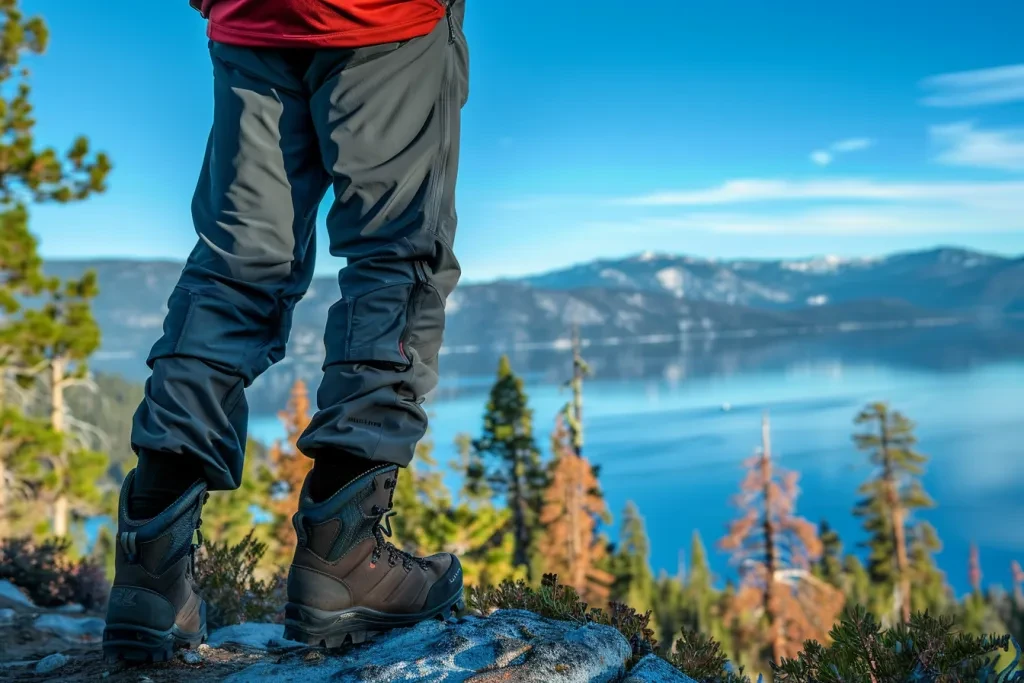
The market for hiking pants is experiencing significant growth, fueled by an increasing interest in outdoor activities and a heightened awareness of the benefits of an active lifestyle. According to Research and Markets, the global outdoor clothing market, which includes hiking pants, grew from USD 31.09 billion in 2023 to USD 32.79 billion in 2024. It is projected to continue expanding at a compound annual growth rate (CAGR) of 5.63%, reaching USD 45.65 billion by 2030.
Several factors contribute to this upward trend. Firstly, there is a growing emphasis on health and wellness, with more individuals engaging in outdoor activities such as hiking, trail running, and camping. This shift towards an active lifestyle has increased the demand for specialized apparel that offers comfort, durability, and performance-enhancing features.
Moreover, the rise of adventure tourism and the popularity of outdoor recreational activities have further boosted the market. As reported by Research and Markets, the hiking and trail footwear market alone is forecasted to grow by USD 6.17 billion during 2023-2028, accelerating at a CAGR of 8.18%. This growth is indicative of a broader trend towards outdoor gear, including hiking pants.
Regional insights reveal that North America holds the largest market share, driven by the region’s diverse terrains and climates, which create a substantial demand for specialized outdoor apparel. The cultural inclination towards active living and adventure sports such as hiking, skiing, and mountain biking also contributes to the market’s growth. Companies in North America are investing heavily in research and development to push the boundaries of fabric technology, design, and functionality, ensuring that consumers have access to high-quality, performance-driven apparel.
In the Asia-Pacific region, rapid urbanization, rising disposable incomes, and a burgeoning middle class are driving the demand for premium-quality outdoor apparel. Countries like China, Japan, and South Korea are witnessing a surge in interest in outdoor activities, further propelling the market for hiking pants.
The market is also characterized by intense competition, with numerous brands offering a wide range of products at varying price points. Leading players such as Adidas AG, Columbia Sportswear Co., and Nike Inc. are continuously innovating to maintain their market positions. These companies are focusing on introducing advanced materials, such as moisture-wicking fabrics and temperature-regulating technologies, to enhance the performance and comfort of their products.
Innovative Materials and Technologies in Hiking Pants
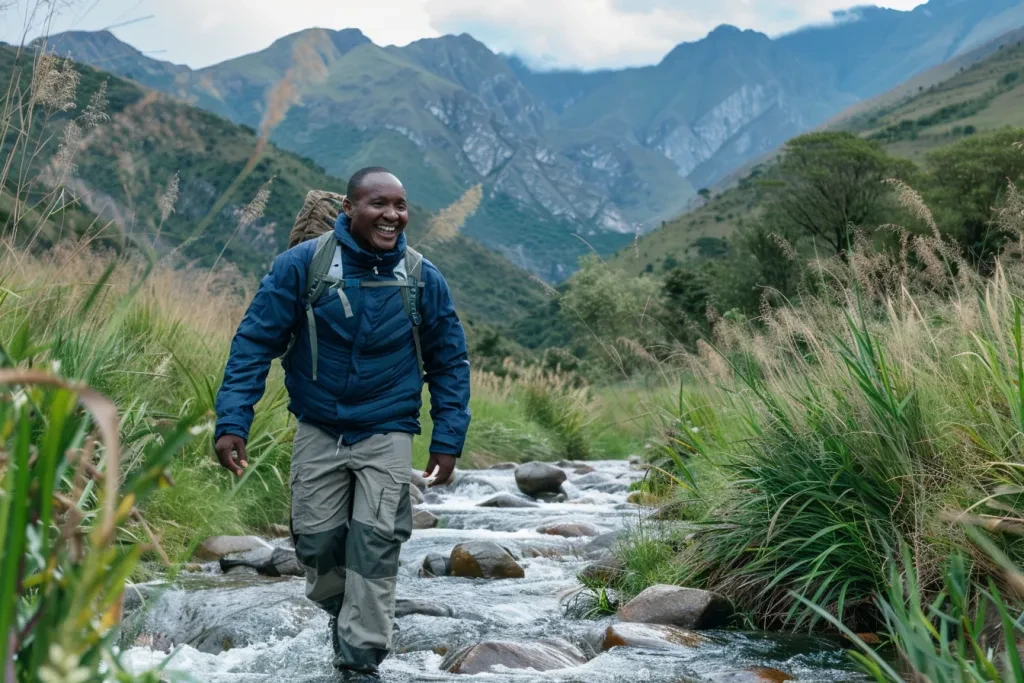
Breathable and Moisture-Wicking Fabrics
The evolution of hiking pants has been significantly influenced by the development of breathable and moisture-wicking fabrics. These materials are designed to keep hikers comfortable by allowing sweat to evaporate quickly, thus maintaining a dry and cool environment. Technical trousers have become a direct update of the traditional cargo pants, aligning with the Quiet Outdoors trend. This trend emphasizes functionality and comfort, which are critical for outdoor activities. Brands like The North Face and Patagonia have been at the forefront of incorporating these advanced fabrics into their hiking pants, ensuring that wearers remain comfortable even during intense physical activities.
Durable and Abrasion-Resistant Materials
Durability is a key factor for hiking pants, as they need to withstand rough terrains and harsh conditions. Materials such as ripstop nylon and polyester blends are commonly used for their abrasion-resistant properties. These fabrics are designed to resist tearing and fraying, making them ideal for outdoor wear. The inclusion of GORE-TEX technology further enhances the durability and weather resistance of hiking pants. GORE-TEX is known for its waterproof and windproof capabilities, which are essential for protecting hikers from unpredictable weather conditions. Brands like Arc’teryx and Columbia have successfully integrated these materials into their product lines, offering consumers reliable and long-lasting hiking pants.
Stretch and Flexibility for Enhanced Mobility
Modern hiking pants are designed with stretch and flexibility in mind to provide enhanced mobility. This is particularly important for activities that require a wide range of motion, such as climbing or scrambling over rocks. Fabrics with spandex or elastane blends offer the necessary stretch without compromising on durability. According to the Collection Review by WGSN, the trend towards relaxed and oversized silhouettes in trousers, including hiking pants, has been gaining traction. This shift allows for greater freedom of movement, which is crucial for outdoor enthusiasts. Brands like Salomon and Nike have embraced this trend, creating hiking pants that combine style with functionality.
Design Trends Shaping the Future of Hiking Pants
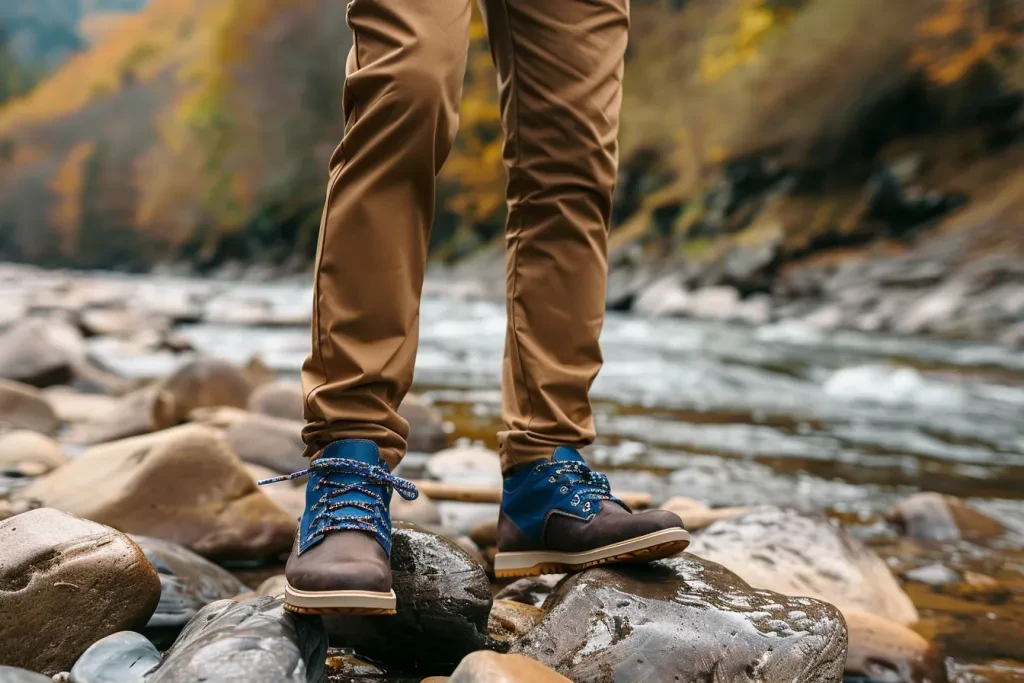
Versatile and Convertible Designs
Versatility is a major trend in the design of hiking pants. Convertible designs, which allow pants to be transformed into shorts, are particularly popular. This feature provides hikers with the flexibility to adapt to changing weather conditions without carrying extra clothing. The rise of drawstring shorts and casual jogger styling indicates a preference for adaptable and multifunctional garments. Brands like Columbia and The North Face offer convertible hiking pants that cater to this demand, providing practical solutions for outdoor activities.
Lightweight and Packable Options
The demand for lightweight and packable hiking pants has been on the rise, driven by the need for convenience and ease of transport. These pants are designed to be compact and easy to pack, making them ideal for long hikes and travel. The North Face’s packable shorts, as highlighted by EDITED, are a prime example of this trend. These garments are made from lightweight materials that do not compromise on durability or functionality. The ability to pack hiking pants into a small space without adding significant weight is a key selling point for modern outdoor enthusiasts.
Stylish and Functional Features
The integration of stylish and functional features in hiking pants is shaping the future of outdoor apparel. Consumers are increasingly looking for garments that not only perform well but also look good. The trend towards muted colors and heritage-inspired designs is gaining popularity. Brands like Burberry and Chloé have incorporated these elements into their collections, blending fashion with functionality. Features such as multiple pockets, adjustable waistbands, and reinforced knees add to the practicality of hiking pants while maintaining a stylish appearance.
Consumer Preferences and Buying Behavior
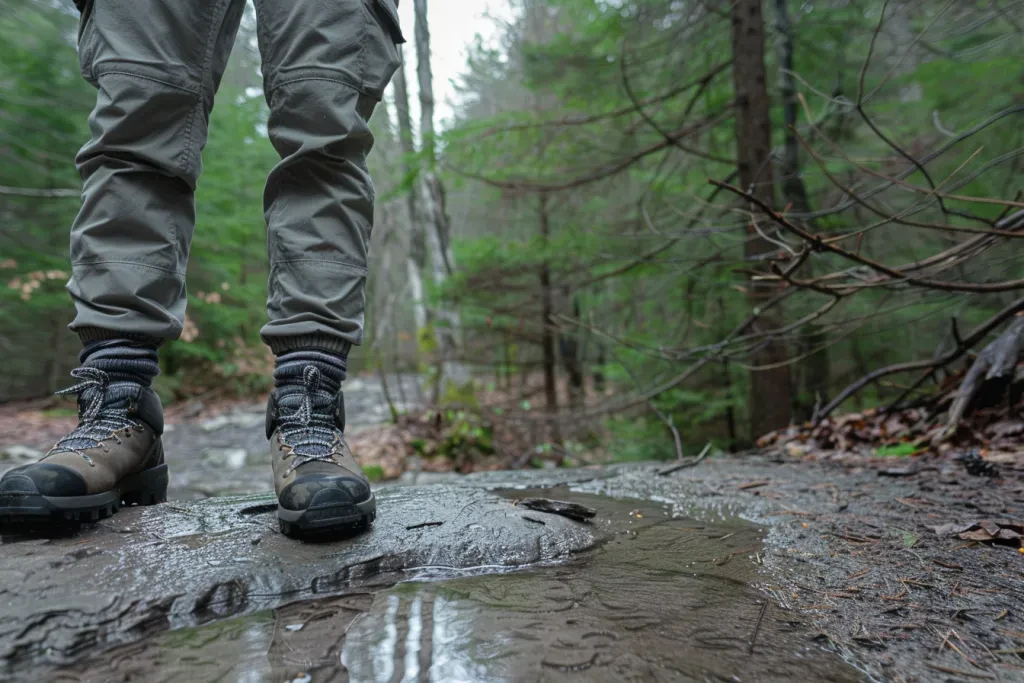
The Rise of Eco-Conscious Consumers
Eco-consciousness is a significant factor influencing consumer preferences in the hiking pants market. Consumers are becoming more aware of the environmental impact of their purchases and are seeking sustainable options. Brands like Patagonia and The North Face are leading the way by using recycled materials and promoting sustainable practices. This shift towards sustainability is not only beneficial for the environment but also appeals to a growing segment of eco-conscious consumers.
Gender-Specific Preferences and Needs
Gender-specific preferences play a crucial role in the design and marketing of hiking pants. Men and women have different needs and preferences when it comes to fit, style, and functionality. There is a noticeable trend towards gender-specific designs that cater to these differences. For example, women’s hiking pants often feature a more tailored fit and additional comfort features, while men’s designs may focus on durability and utility. Brands like Arc’teryx and Salomon offer a range of gender-specific options to meet the diverse needs of their customers.
The Influence of Social Media and Online Reviews
Social media and online reviews have a significant impact on consumer buying behavior. Platforms like Instagram and YouTube are popular sources of information and inspiration for outdoor enthusiasts. Gen Z consumers, in particular, are influenced by social media trends and seek out products that are both functional and fashionable. Online reviews also play a crucial role in the decision-making process, as consumers rely on the experiences and recommendations of others. Brands that actively engage with their audience on social media and encourage positive reviews are more likely to succeed in the competitive hiking pants market.
Leading Brands and Key Players in the Hiking Pants Market
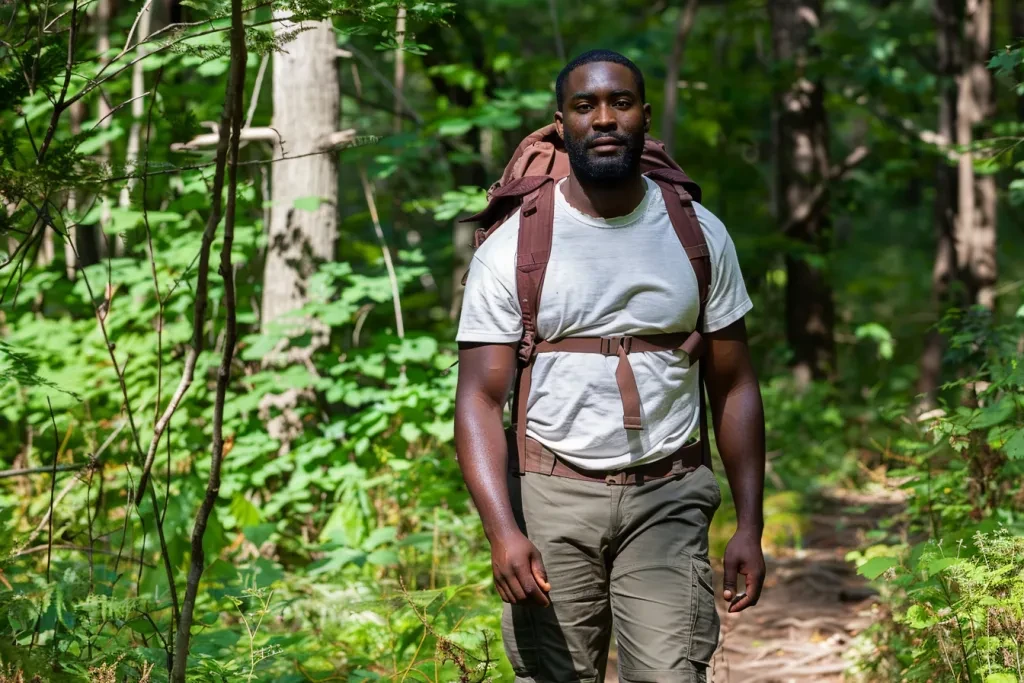
Pioneering Brands Setting the Standard
Several pioneering brands are setting the standard in the hiking pants market by consistently delivering high-quality and innovative products. The North Face, Patagonia, and Columbia are among the leading brands known for their commitment to performance and durability. These brands have established a strong reputation by incorporating advanced materials and technologies into their hiking pants, ensuring that they meet the needs of outdoor enthusiasts.
Emerging Brands Making a Mark
Emerging brands are also making a mark in the hiking pants market by offering unique and innovative products. Brands like Salomon and Arc’teryx are gaining popularity for their cutting-edge designs and use of advanced materials. These brands are not afraid to experiment with new technologies and styles, appealing to a younger and more adventurous audience.
Collaborations and Innovations Driving the Market
Collaborations and innovations are driving the market forward by bringing together the expertise of different brands and industries. Partnerships between outdoor apparel brands and technology companies are resulting in the development of new materials and features that enhance the performance of hiking pants. For example, collaborations with GORE-TEX have led to the creation of highly durable and weather-resistant garments. These innovations are not only improving the functionality of hiking pants but also setting new standards for the industry.
Conclusion
The hiking pants market is evolving rapidly, driven by advancements in materials and technologies, changing consumer preferences, and innovative design trends. As consumers become more eco-conscious and demand greater functionality and style, brands are responding with products that meet these needs. The future of hiking pants looks promising, with continued innovation and collaboration expected to drive the market forward. Brands that stay ahead of these trends and prioritize sustainability, performance, and style will be well-positioned to succeed in this dynamic and competitive market.



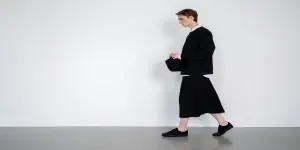

 Afrikaans
Afrikaans አማርኛ
አማርኛ العربية
العربية বাংলা
বাংলা Nederlands
Nederlands English
English Français
Français Deutsch
Deutsch हिन्दी
हिन्दी Bahasa Indonesia
Bahasa Indonesia Italiano
Italiano 日本語
日本語 한국어
한국어 Bahasa Melayu
Bahasa Melayu മലയാളം
മലയാളം پښتو
پښتو فارسی
فارسی Polski
Polski Português
Português Русский
Русский Español
Español Kiswahili
Kiswahili ไทย
ไทย Türkçe
Türkçe اردو
اردو Tiếng Việt
Tiếng Việt isiXhosa
isiXhosa Zulu
Zulu